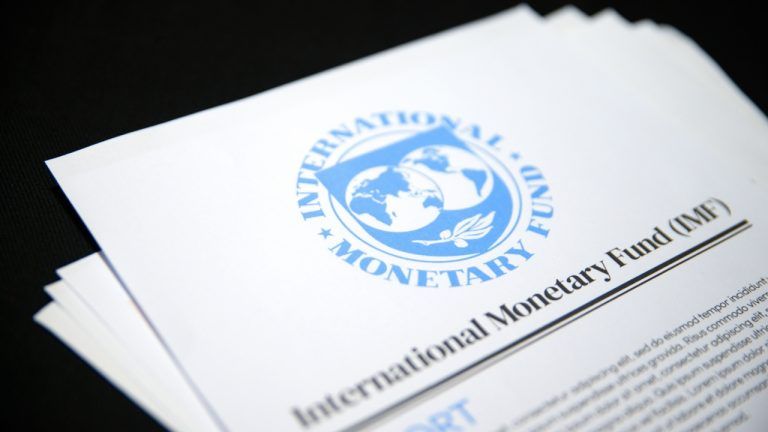
El Salvador's adoption of Bitcoin as legal tender has been a subject of scrutiny since the country made headlines by becoming the first nation to do so. The International Monetary Fund (IMF) has been closely monitoring El Salvador's compliance with the guidelines set in a $1.4 billion credit facility deal approved in February.
In the latest report issued by the IMF, it was revealed that El Salvador had failed to meet the Bitcoin non-accumulation quotas outlined in the agreement. The report pointed to Chivo Wallet, the government-backed digital wallet used for Bitcoin transactions in the country, as the main factor behind the missed compliance goals.
Chivo Wallet was launched as part of El Salvador's ambitious plan to integrate Bitcoin into its economy. The wallet allows Salvadorans to send, receive, and store Bitcoin, as well as convert it to US dollars. However, its implementation has faced challenges, with technical issues and lack of user adoption being some of the main concerns.
The IMF report highlighted that the use of Chivo Wallet had led to an increase in Bitcoin holdings by the government, which went against the agreement's stipulation of not accumulating the cryptocurrency. This deviation from the prescribed guidelines raised concerns about El Salvador's ability to manage the risks associated with its Bitcoin adoption strategy.
The IMF's findings have added to the ongoing debate surrounding El Salvador's embrace of Bitcoin. While supporters of the move view it as a bold step towards financial inclusion and innovation, critics have raised concerns about the potential economic and financial risks involved.
El Salvador's President, Nayib Bukele, has been a vocal advocate for Bitcoin and has defended the country's decision to adopt it as legal tender. He has argued that Bitcoin can help reduce transaction costs for remittances and boost financial inclusion for the unbanked population.
Despite the challenges highlighted by the IMF report, El Salvador remains committed to its Bitcoin strategy. The government has announced plans to issue $1 billion in Bitcoin-backed bonds to fund infrastructure projects and has also expressed interest in mining Bitcoin using renewable energy sources.
As El Salvador continues to navigate the complexities of integrating Bitcoin into its economy, the scrutiny from international organizations like the IMF is likely to intensify. The country's experience serves as a test case for other nations considering similar moves towards cryptocurrency adoption, highlighting the importance of careful planning and regulatory oversight in harnessing the potential benefits of digital assets.
Source: https://news.bitcoin.com/imf-el-salvador-deal-bitcoin-compliance-goals-broken-chivo-wallet-involved/

Leave a Reply